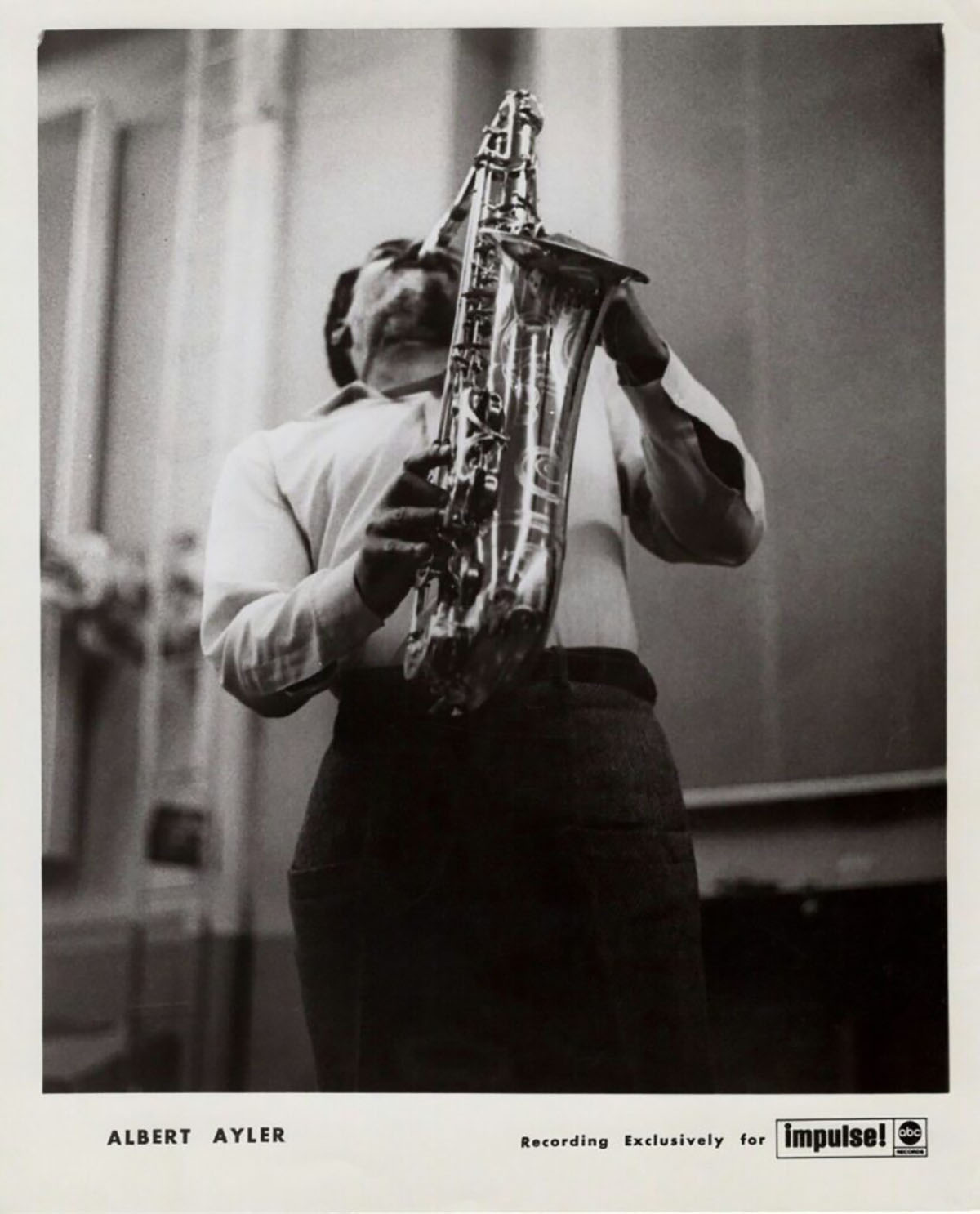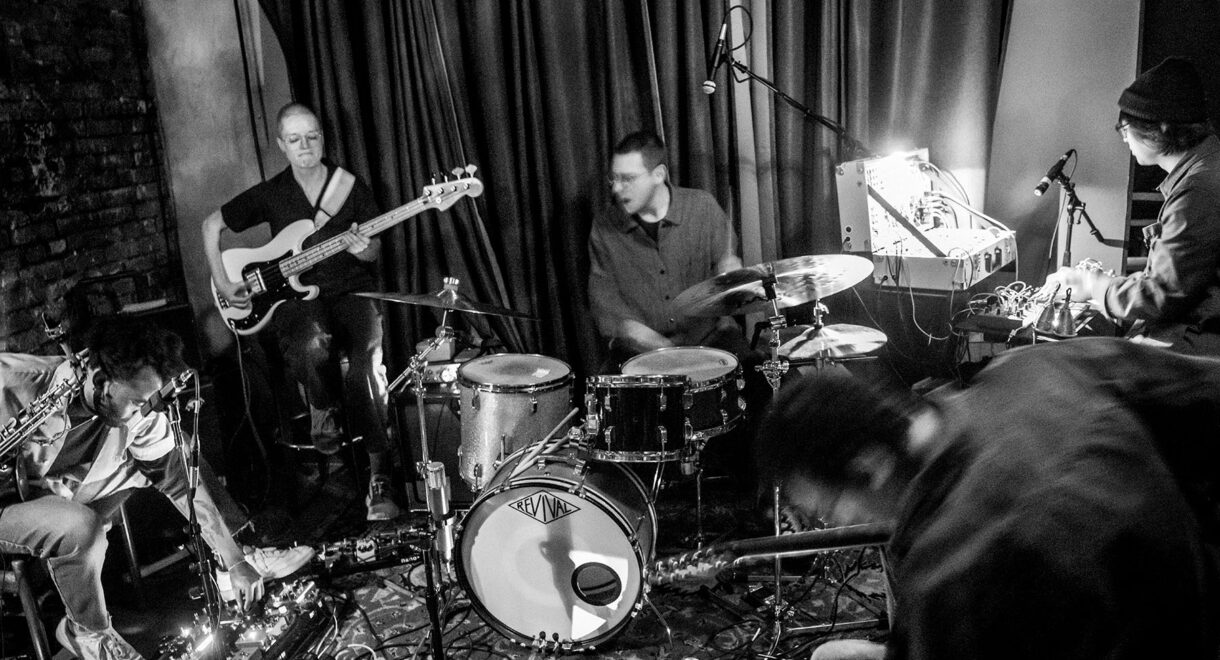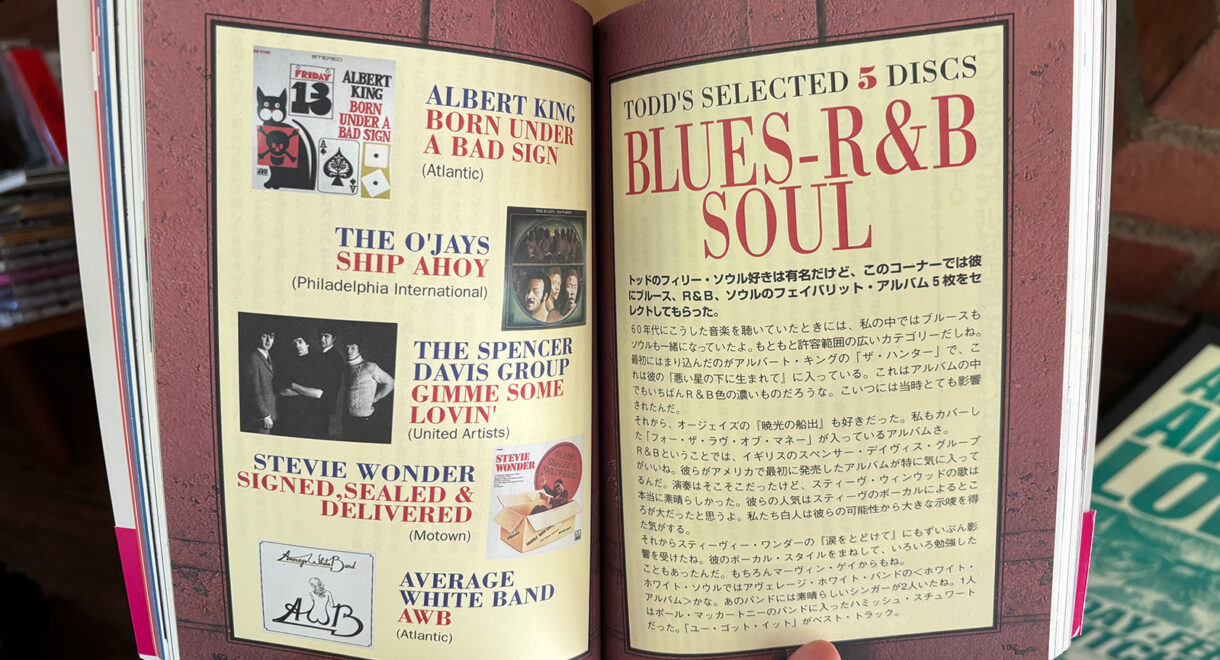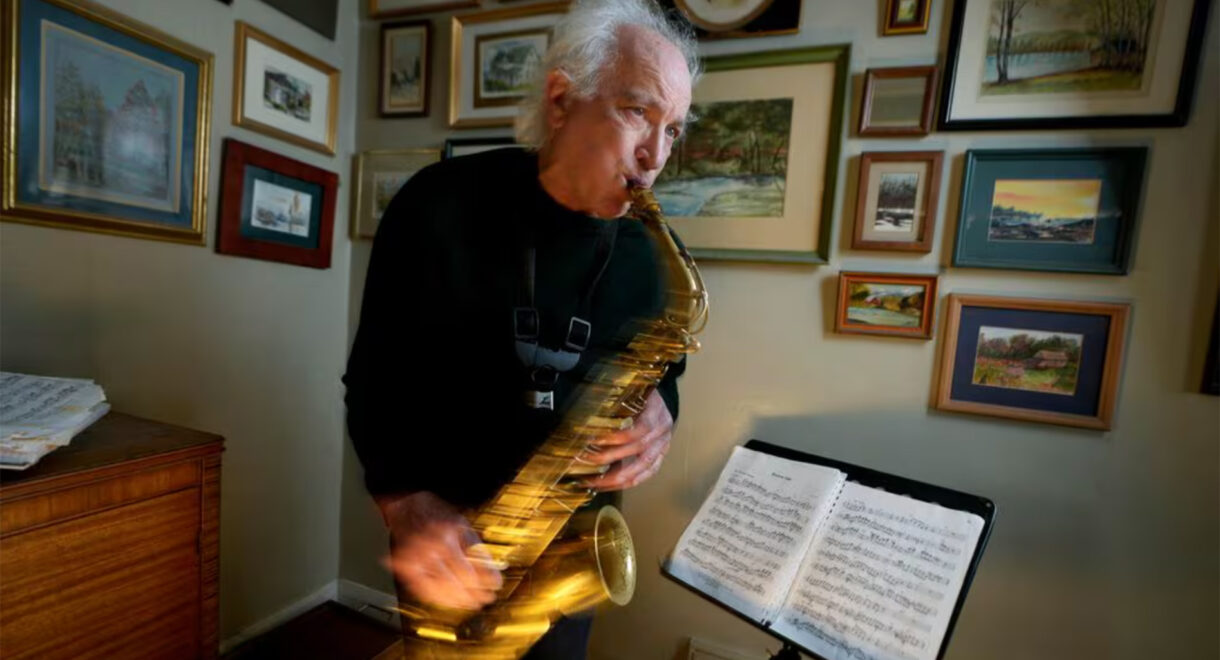A new documentary about the Sun Ra Omniverse is currently in production. Support the Kickstarter today! In partnership with the SUN RA Estate and veteran bandleader, Marshall Allen, […]
Listening to Albert Ayler’s ‘Ghosts’ – many different ways

A deep dive into Albert Ayler’s classic free jazz composition “Ghosts.”
Three years before the great free jazz tenor saxophonist Albert Ayler was found dead in the East River after suffering a mental breakdown, he was at the top of his game. He’d joined the respected label Impulse! after a John Coltrane co-sign, and released his debut for the label, the astounding Albert Ayler in Greenwich Village, in 1967.
That same year, Ayler, his brother Donald and Ornette Coleman played at Coltrane’s funeral, a profound moment that’s captured in the liner notes to Love Cry, Ayler’s 1968 follow-up to In Greenwich Village. Writer Frank Kofsky met up with Ayler a few hours after the ceremony, and opens his notes with a scene from the interaction.
Mourning the world’s loss, Ayler mentioned Coltrane’s Meditations, highlighting Coltrane and Pharoah Sanders’ contributions and calling the collaboration “the father, son, and Holy Ghost. What Coltrane was talking about there – maybe it was the biblical term; he was the father, Pharoah was the son, and I was the holy ghost. And only he could tell me things like that.”
That context is instructive when celebrating – which we are – “Ghosts,” the classic Ayler work that he introduced on an album of the same name in 1964 and revisited a few times in various forms before recording it for Love Cry in 1967. Clocking in at a mere 2:46, the Love Cry version is a sprint. But it hardly races in a straight line: Driven by drummer Milford Graves’ chaotic, Pollack-ian rhythms — seriously, the man’s work is a brilliant mess here — the piece seems to storm into existence as if Ayler had opened some melodic Pandora’s box.
Ayler himself was so beguiled with the melody that he revisited it over and over. As a trio, he released it as “Ghosts: Second Variation.” Of his writing process, Ayler said in the Love Cry liner notes that he was a mere vessel, but one willing to devote his entire spirit to the pursuit. “I’m trying to play as much as I can in my lifetime, like being a true messenger. All I do it meditate. I practice and I meditate.”
I first heard “Ghosts” not through Ayler’s version, but via former Captain Beefheart and Jeff Buckley guitarist Gary Lucas. Harnessing a National steel guitar, he performed a live version on a late ’80s compilation called Live at the Knitting Factory, Vol. II. The rendition engulfed my brain like an attacking octopus. On the recording, he introduces the instrumental as being composed by Ayler.
“Ghosts” resonated from the beginning. Driven by a curlicue alto melody that wends in wildly inevitable directions while flowing as naturally as the wind, it can serve as the foundation for infinite adaptations. In 1977, the Tokyo pianist Yosuke Yamashita and his New York Trio recorded a slow, melancholy take during a Berlin gig that proves its pliability.
Italian pianist Giorgio Gaslini released, “Ayler’s Wings,” his tribute to the saxophonist, in 1990. Though hardly a household name, Gaslini’s 1966 debut found him working with Don Cherry, Gato Barbieri, Steve Lacy and Enrico Rava, among others. Gaslini’s version taps a sadness, one that seems heartbroken by Ayler’s tragic final years.
Last year, experimental guitarist Donald Miller, best known for his work in Borbetomagus, released an essential National steel solo guitar record on VDSQ called Transgression!!! Though he doesn’t cite “Ghosts,” on first listen I couldn’t help but hear the inspiration on the song “For I Am A Cat Of The Devil I Am.” In fact, that he didn’t cite Ayler’s “Ghosts” made me do a double take.
That is, until I realized that the song’s subtitle, “Variations upon ‘A Spoonful Blues’ by Charlie Patton)” pointed me in the direction of the foundational country blues guitarist’s 1929 (!) recording.
Only then did I realize that the Lucas interpretation of Ayler’s “Ghosts” that first stunned me was actually a quasi-mashup of Ayler and Patton. Lucas wove two complimentary ideas into one haunting interpretation. I’ll never hear the pieces the same way again.
Last year we highlighted a 2005 Ayler documentary that explores his life, death and influence. That film, My Name is Ayler, is no longer on YouTube, but is certainly worth tracking down.
In Sheep’s Clothing is powered by its patrons. Become a supporter today and get access to exclusive playlists, events, merch, and vinyl via our Patreon page. Thank you for your continued support.










